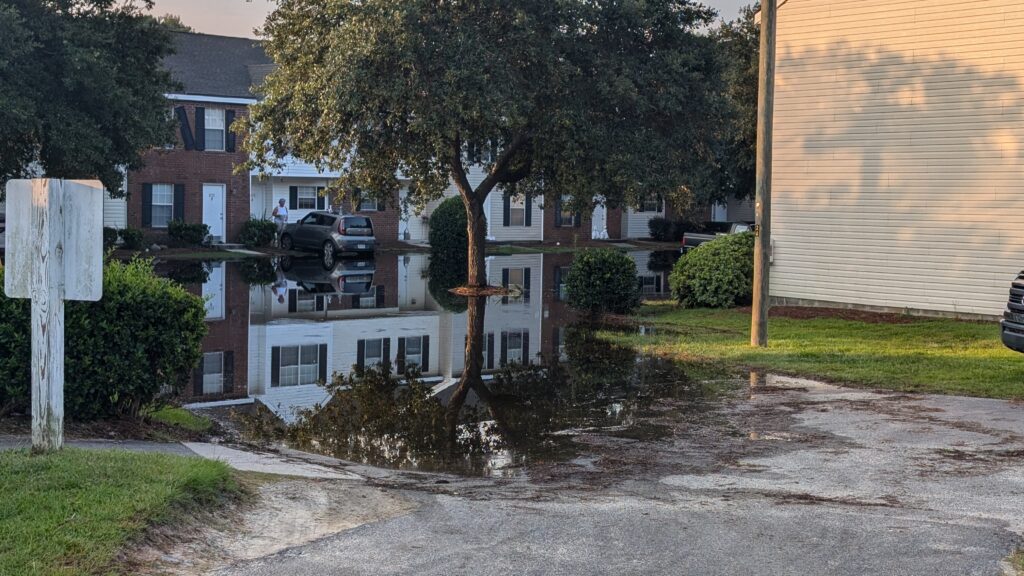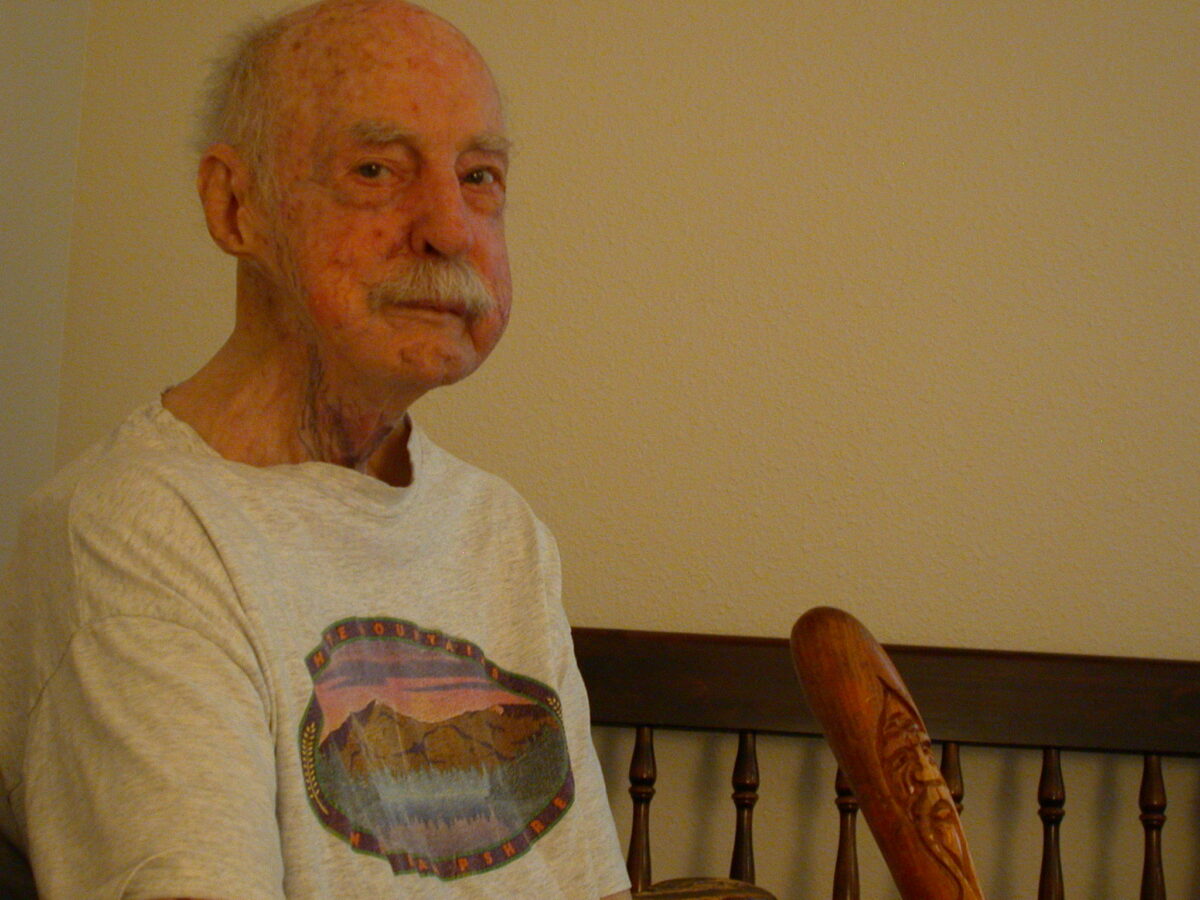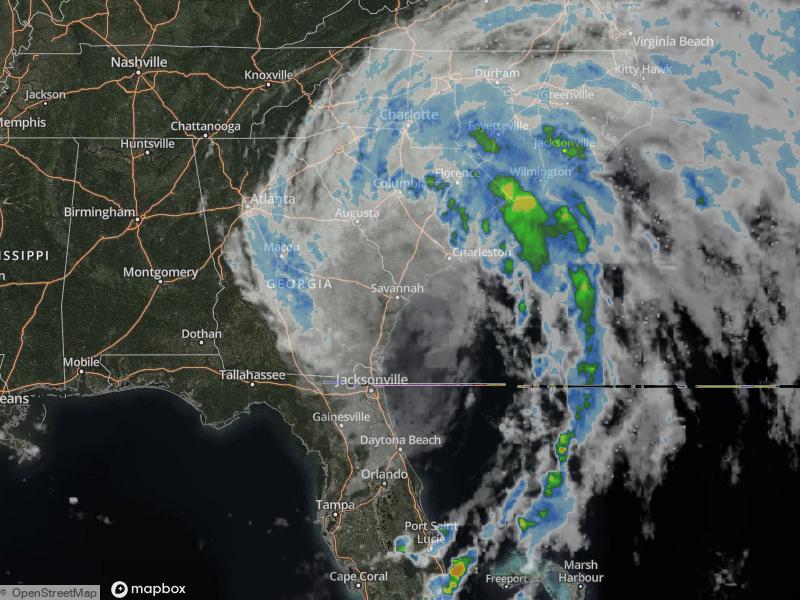(source links following)
Just when I started going through the Department of Homeland Security section of Project 2025, tropical cyclone Debby hit Georgia. And it hit Georgia hard.
Areas along the coast and even inland that have never flooded before, flooded. Storm water systems failed to handle the amount of rain that fell, storm water lagoons overflowed, and sewer lift stations were overrun resulting in raw sewage spills in several areas. Roadways were flooded, or complete destroyed when earthen dams failed. Entire neighborhoods in Chatham, Bryan, Liberty, Effingham, Bulloch, and other counties watched the water creep up; sometimes it stopped, sometimes it didn’t.
Currently, FEMA is working with GEMA (Georgia Emergency Management Agency), assessing the damage and determining whether a Major Disaster declaration is warranted for the state and impacted counties. Some folk thinks this means calling our Congressional reps or the governor or other persons of power and telling them to declare a disaster so we can get on with our lives.
It doesn’t work that way.







